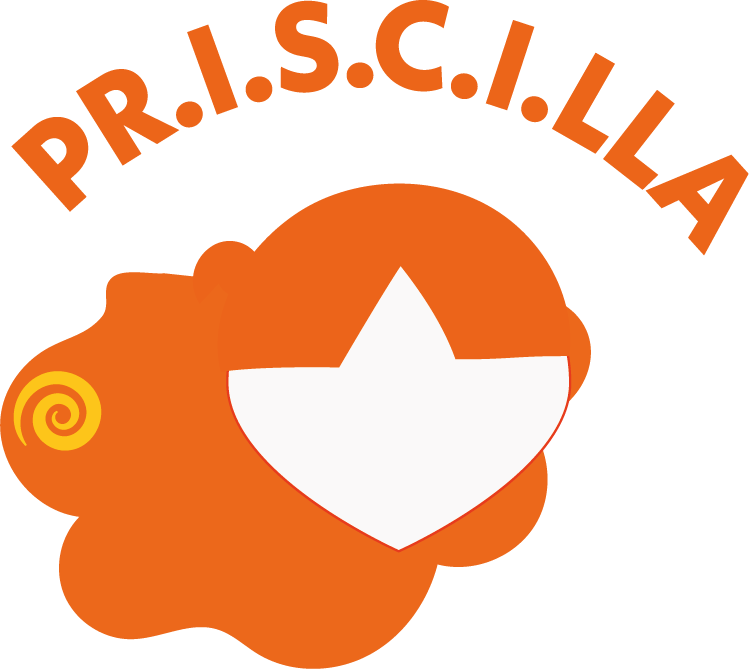The PR.I.S.C.I.LLA project – PReventing Incident of Sexual Cyberbullying in Intellectual disability – an Erasmus+ initiative co-funded by the European Union, is set to launch with the aim of developing a unique educational programme to help young people with intellectual disability (ID) use social media and the internet for social relationships in a safe and responsible way. Meeting a growing need In today’s digitally connected world, social media offers valuable opportunities for social interaction, but also poses significant risks, particularly for vulnerable groups such as young people with intellectual disabilities (ID). The PR.I.S.C.I.LLA project directly addresses these challenges by developing educational resources to empower these individuals. By equipping them with essential skills, the project enables them to maximise the benefits of the digital landscape – expanding their social networks and fostering positive identities characterised by a healthy and constructive sense of self. At the same time, PR.I.S.C.I.LLA aims to reduce the risks associated with the online environment, such as sexual harassment and cyberbullying. This comprehensive approach also promotes the development of key psychological skills, including increased self-esteem, self-awareness, self-determination, autonomy and independence. Project objectives and scope The PR.I.S.C.I.LLA project will By implementing this programme, PR.I.S.C.I.LLA will not only enable young people with ID to benefit from the ongoing digital transformation, but also improve the quality of youth work by enhancing the professional skills of those working with this group. www.priscillaproject.eu Innovative and impactful The PR.I.S.C.I.LLA project stands out as an innovative solution in an area where there is a clear gap in existing educational resources. Research conducted, including literature reviews and field research, has shown that while there are projects addressing cyberbullying and disability, none specifically focus on the issues of sexual cyberbullying and online harassment of people with intellectual disabilities. The programme will promote positive risk-taking principles, encouraging young people with ID to engage with the digital world while effectively managing the risks involved. The project will support shared decision-making, where young people with ID, professionals, parents and the wider community work together to balance the benefits and risks of technology use. Expected outcomes As a result of this initiative • Young people with ID will gain the knowledge and confidence to navigate social media safely and benefit from the positive aspects of online interaction. • Youth workers will be equipped with new skills that will enhance their ability to support this target group and further their professional development. • Parents and informal carers will be better informed about how to help their children use social media responsibly, particularly in relation to sexuality and relationships. The PR.I.S.C.I.LLA project will fill an important gap in educational programmes across Europe, ensuring that young people with intellectual disabilities can safely participate in the digital world and build meaningful, positive social connections. Meet Priscilla: the voice against sexual cyberbullying The project also has a very special mascot, Priscilla. Priscilla is a young woman with a mild intellectual disability who will act as a spokesperson in the fight against sexual cyberbullying. Other characters will accompany her, each with their own unique perspective and message on this important issue. Join us to discover the adventures they will face together! This press release is available in: English Italian Greek Macedonian Spanish Romanian


